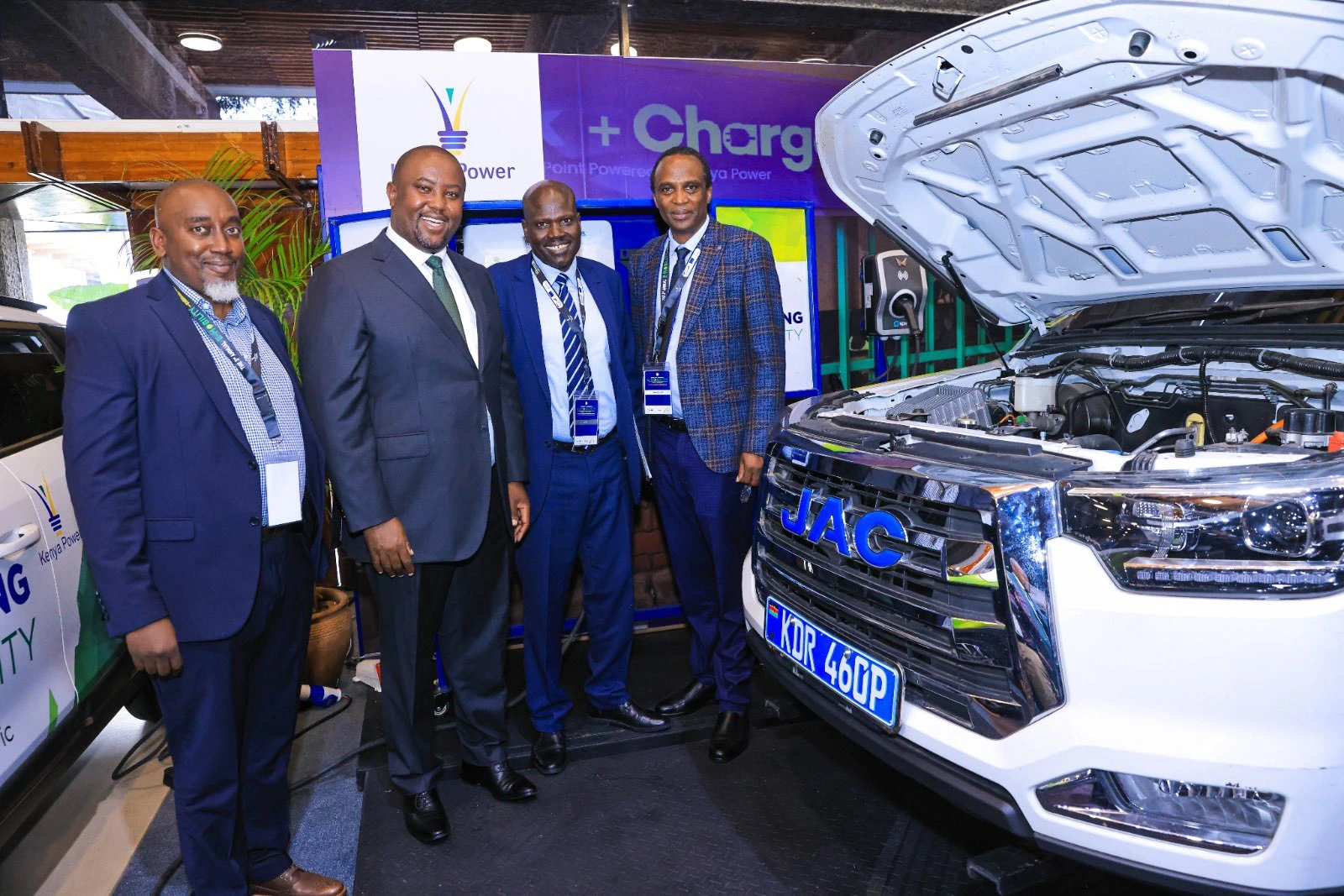On Monday, Kenya Power revealed plans to install 45 electric vehicle (EV) charging stations across six counties within the following year. The counties targeted for this rollout include Nairobi, Nyeri, Kisumu, Eldoret, Nakuru, Mombasa, and Taita Taveta. Notably, six chargers will be strategically placed at Jomo Kenyatta International Airport (JKIA) in Nairobi.
During the opening of the third Annual E-Mobility Conference and Expo, Kenya Power’s Managing Director, Dr. (Eng.) Joseph Siror emphasised the company’s commitment to supporting Kenya’s transition to electric mobility.
He stated, “Kenya Power is committed to supporting the country’s transition to electric mobility to help reduce carbon emissions. Part of our plan is to create an enabling environment for stakeholders within the e-mobility ecosystem by providing an adequate power supply and necessary infrastructure, such as charging stations, that will allow motorists to travel with ease.”
Kenya Power has installed three EV chargers in Nairobi as part of a pilot phase. The new installations will address a significant infrastructure gap that has slowed EV adoption in the country. The company collaborates with private sector players to identify energy and infrastructure needs to accelerate EV adoption.
Government support and policy incentives driving EV growth
The transport sector contributes about 23 percent of global carbon emissions, and Kenya has pledged to reduce its greenhouse gas emissions by 32 percent by 2030.
Supporting electric mobility is a key part of this national strategy. Kenya Power’s Board Chairperson, Joy Brenda Masinde, highlighted the importance of government support, saying, “We appreciate the immense support we have received from the Government of Kenya in promoting the uptake of e-mobility. Our focus is to work closely with the Government to advocate for policies that continue to incentivise EV adoption, such as tax exemptions and subsidies for electric vehicles and charging infrastructure.”
The number of registered EVs in Kenya has grown significantly, from 2,694 in 2023 to 5,294 in 2024, and now stands at 9,047 as of May 2025. This surge is attributed to policy support, including introducing an e-mobility tariff that offers affordable electricity rates for EV charging.
Kenya Power is also exploring local battery manufacturing in partnership with the Kenya Industrial Research and Development Institute (Kirdi). This initiative aims to reduce EV costs and create jobs, further boosting the e-mobility ecosystem. Dr Siror explained, “These EV chargers equipped with fast charging technology are designed to serve both our fleet and the growing number of private EV users”.
The rollout of these 45 EV chargers marks a significant step in Kenya’s efforts to build a robust electric vehicle infrastructure and promote cleaner transportation options across the country.
















